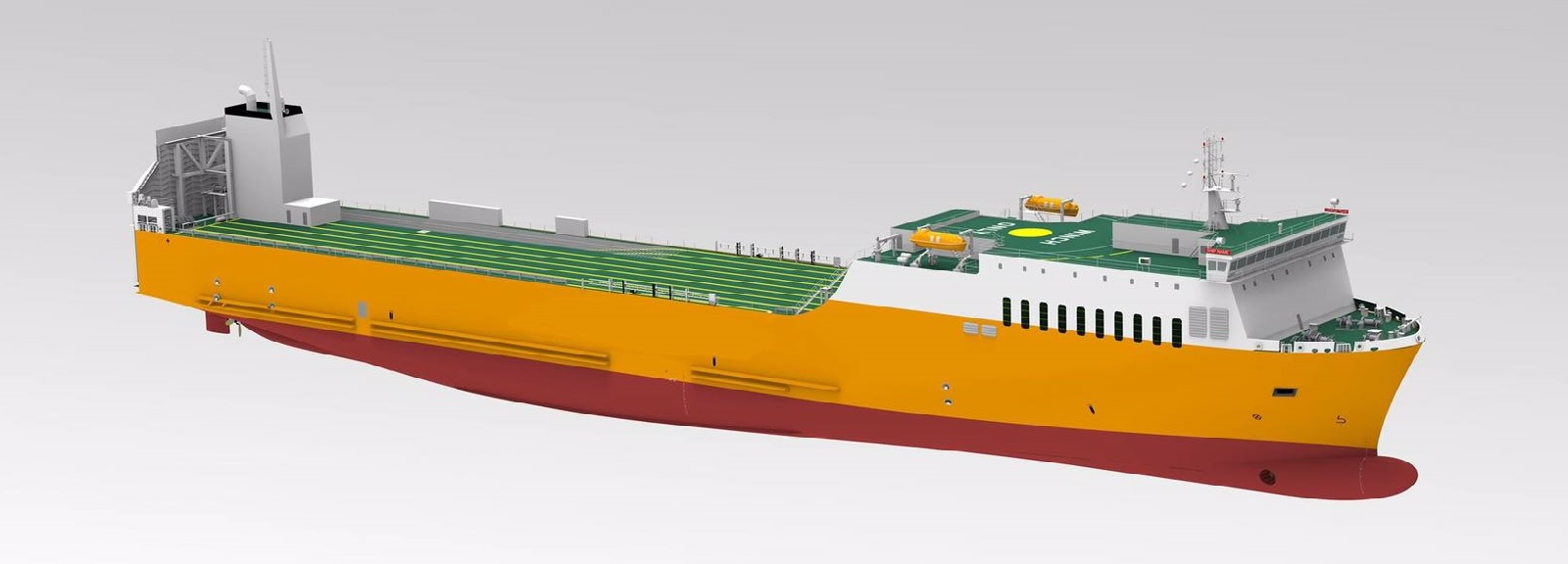As per D.G. shipping report 2019, the birth of Indian Maritime University is a long cherished dream of the maritime community of India. The Indian Maritime University, established through an Act of Parliament (Act 22) in November 2008 as a Central University, is poised to play a critical role in the development of a trained human resource for the maritime sector.
Objectives of the University
- To take appropriate measures for promoting innovations in teaching-learning process, interdisciplinary studies, and research.
- To promote freedom, secularism, equality, and social justice as enshrined in the Constitution of India.
- Extend the benefits of knowledge and skills for the development of individuals and society by associating the University closely with local, regional, and national issues of development.
- Facilitate and promote maritime studies, training, research and extension work with focus on emerging areas of studies like oceanography, maritime history, maritime laws, maritime security, search and rescue, transportation of dangerous cargo, environmental studies and other related fields, and also to achieve excellence in these and connected fields and other matters connected therewith or incidental thereto.
Role of the University
India has had a long maritime tradition and is the 20th largest maritime country in the world. The University will play a vital role in developing and offering a wide range of education courses leading to the award of Degree, Post Graduate Degree and Ph.D. in various disciplines of the maritime industry besides the present. Training courses to be offered to the port and merchant navy personnel and infuse quality in standards in the curriculum and syllabus of the existing courses. It will address the present shortage of trained faculty in various disciplines and develop courses exclusively towards this. Further, the courses offered would be of both on campus and also through distance learning. The University will give adequate focus on applied research, which is virtually non-existent at present in the maritime sector in the country. The University would enter into possible collaborations with leading naval universities/institutions in the world and also with premier National Academic and Research Institutions such as IlTs, IlMs, etc.

